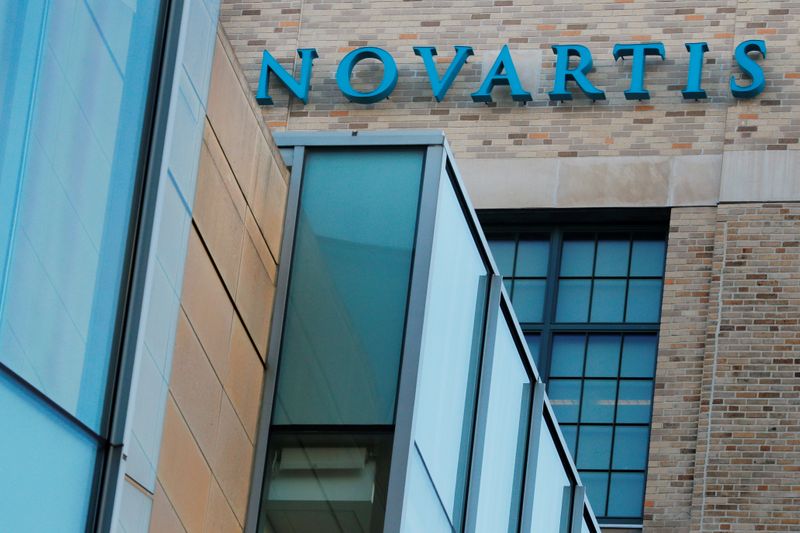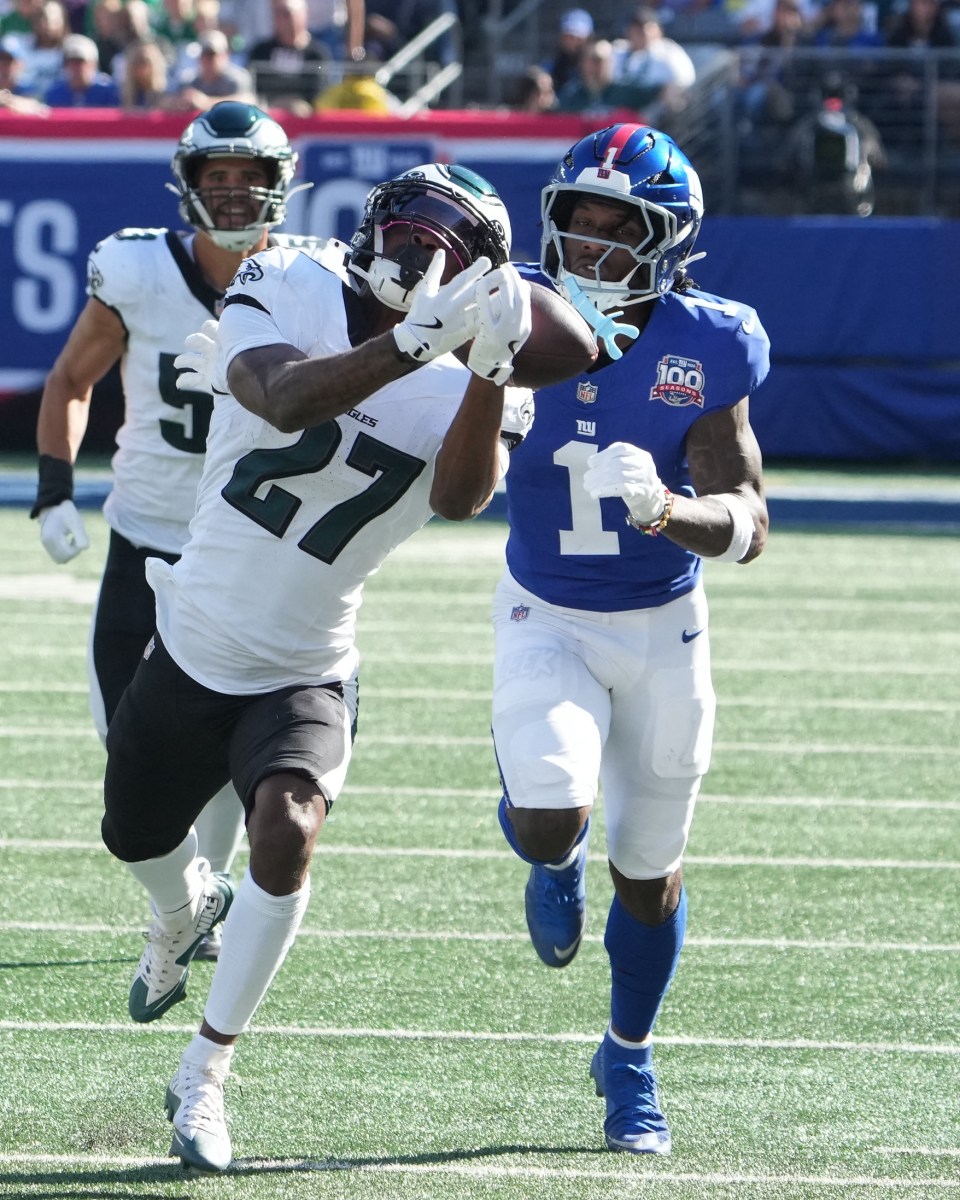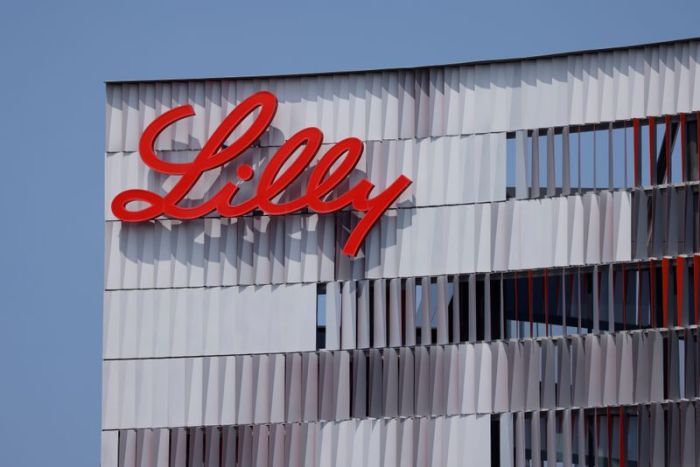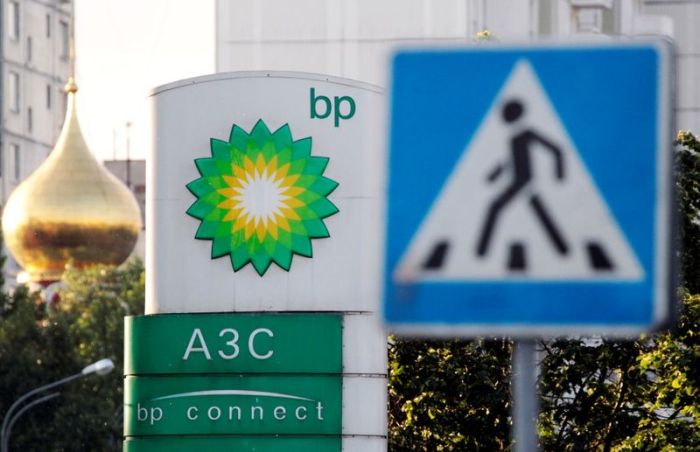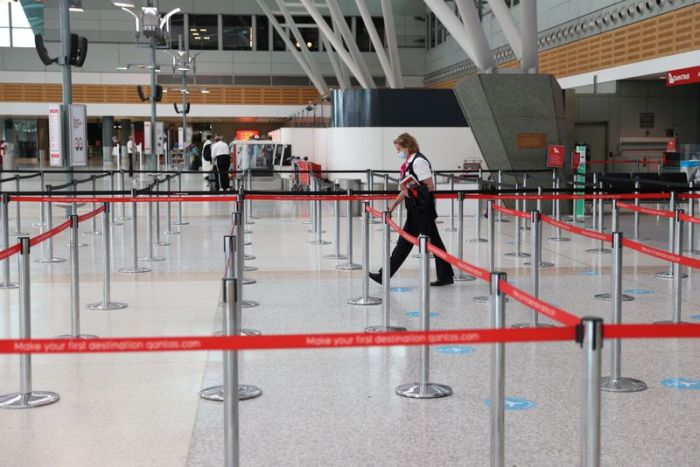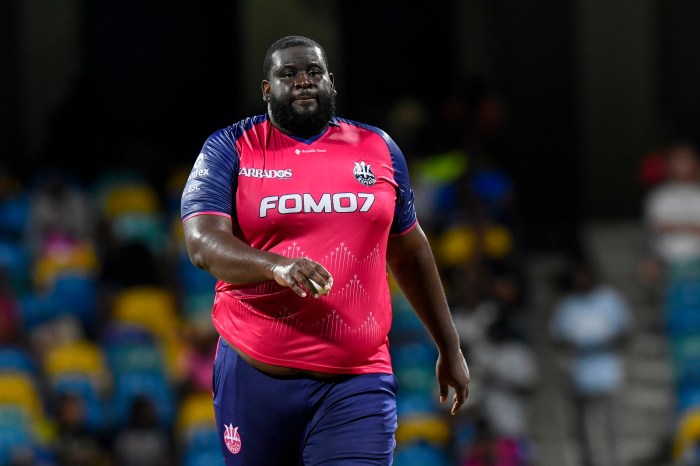ZURICH (Reuters) -Mask wearing during the pandemic kept the flu largely at bay this year, dampening Novartis’s generic cough medicines business and helping drag the Swiss drugmaker’s first-quarter profit below analyst expectations.
Novartis on Tuesday joined drugmakers including domestic rival Roche in reporting drug sales, including for cancer and eye disease, had taken a hit as people skipped visiting the doctor during the coronavirus crisis.
In addition a historically weak cough-and-cold season, kept in check by broad mask wearing and social distancing, further dented Novartis’s Sandoz generics unit that is also grappling with persistent price pressure from rivals.
“A really tough cough and cold season – you see that in record low influenza rates, which led to impacts on both Sandoz’s anti-infectives business as well as OTC (over the counter) businesses across Europe,” Novartis Chief Executive Vas Narasimhan told reporters on a call.
First-quarter core net income slipped 4% from a year earlier to $3.4 billion, compared to the $3.5 billion average analyst estimate in a Refinitiv poll. Sales were 1% higher at $12.4 billion, compared to the $12.5 billion forecast.
Net income fell 5% to $2.06 billion.
Sandoz sales slid 9% to $2.3 billion, with core operating income tumbling 34% to $445 million. Narasimhan expects Sandoz full-year revenue to shrink in the low- to mid-single-digit percentages, from a previous target of little changed growth.
OUTLOOK CONFIRMED
Novartis confirmed its overall 2021 outlook, which foresees sales growing at low- to mid-single-digit percentages, with core operating income seen growing at a mid-single-digit percentage rate.
While Novartis has no vaccine business, it is helping bottle mRNA vaccines against COVID-19 for Germany’s BionTech and has a deal to make 50 million doses of CureVac’s coronavirus vaccine in 2021 and up to 200 million doses in 2022.
With CureVac now poised for a European regulatory decision next month, Narasimhan said Novartis could boost production beyond levels agreed so far.
“If it were required… we feel confident we could supply additional vaccine doses,” Narasimhan said.
(Reporting by John MillerEditing by Riham Alkousaa, Michael Shields and Susan Fenton)

